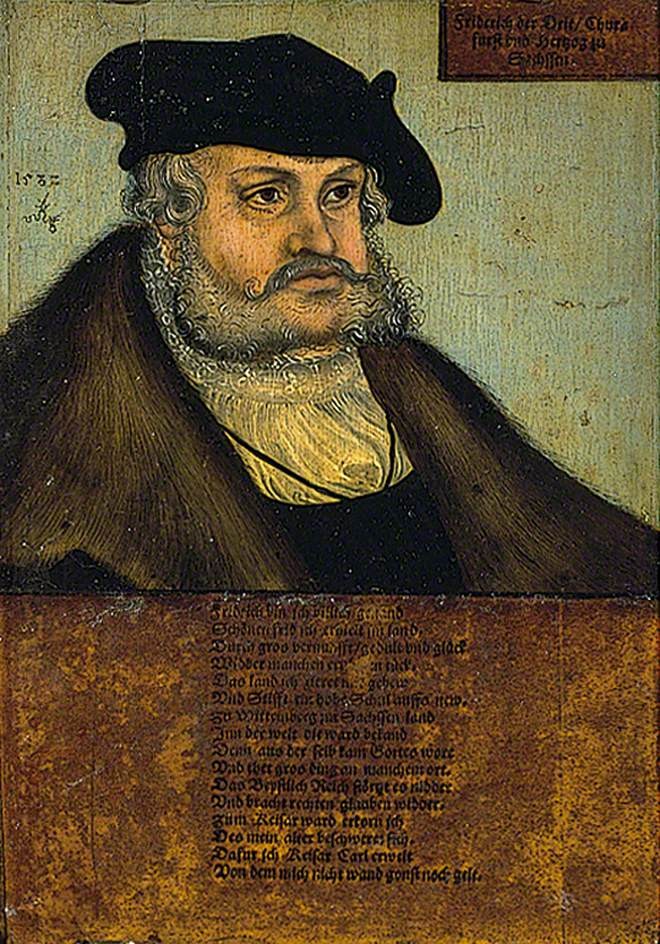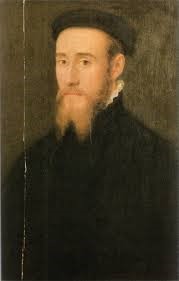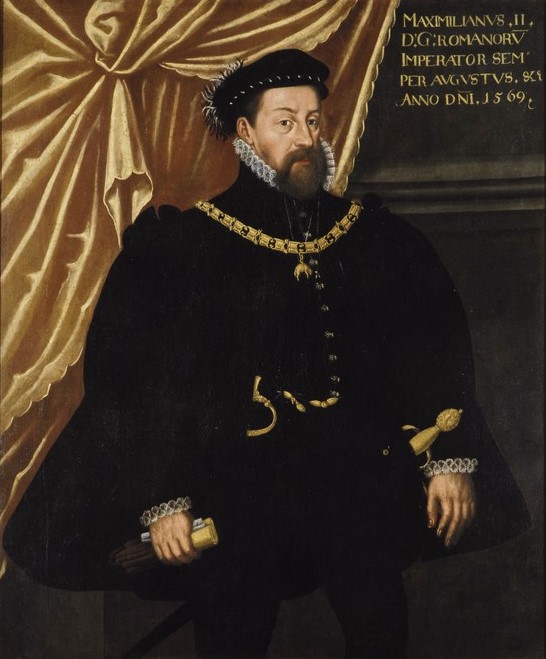James Melville: Life Story
Chapter 4 : Travelling in Europe
On arrival in France, Melville found the political situation quite altered. Henri II was dead, and his son, the fifteen year old François, was now King, with Mary, Queen of Scots as his consort. The young couple were dominated by her Guise uncles, who were determined both to pursue their Catholic mission and to push forward their niece as the rightful Queen of England. Melville’s master, the Constable, with his more conciliatory approach, had been banished from court.
With Mary of Scotland now being proclaimed as Queen of England, and the mustering of French troops to support Marie of Guise in Scotland, the Lords of the Congregation sought help from Elizabeth of England. Elizabeth was never inclined to help rebels, even if they were apparently her co-religionists, but she could not afford to tolerate Mary’s impertinent use of her titles. The situation in Scotland deteriorated, and was close to open war when Queen Marie died. The Lords of the Congregation having gained the upper hand, the Scots in France came under suspicion. Melville decided to leave France and travel around Europe.

His first port of call was the court of the Elector Palatine. The Elector, Frederick III, was a staunch Calvinist and Melville found favour with him. It was not long, however, before Melville was back in France. François II had died of an ear infection, leaving the Queen of Scots widowed at seventeen. The Guises were immediately dismissed from favour as the new king, Charles IX’s, mother, Catherine de Medici became Regent of France. Constable Montmorency was back in favour.
Queen Mary, unloved by her mother-in-law, retired from court, and Melville returned to the Palatinate with messages from Queen Catherine to the Elector. Catherine was toying with the idea of joining a league with the Protestant princes of Europe, including Elizabeth of England, and the Elector, to counterbalance the faction of the Guises, and their ally, Philip of Spain.
With no place for her in France, Mary decided to return to Scotland where she took up personal rule, supported by her half-brother, Lord James, to whom she granted the Earldom of Moray, and Sir William Maitland of Lethington, who was a friend of Sir William Cecil, Secretary of State to Queen Elizabeth. The queens professed friendship and alliance and all seemed set fair.

Melville had journeyed from the Palatinate to France to swear allegiance to Mary before her departure. She told him he would be welcome in her service, should he wish to leave the Elector but he returned to the Palatinate for the time being and continued to carry out diplomatic missions on the Elector’s behalf.
The Elector was negotiating to marry his son, Prince Casimir, either to the sister of the Duke of Lorraine, or, failing that, to Queen Elizabeth. Melville recounted that he refused to negotiate a match with Elizabeth, as he knew she intended to remain single because of the poison she had been given on her father’s orders.
Melville then received orders to travel to the court of the Emperor Ferdinand to enquire into a marriage between Queen Mary and the Archduke Charles, Ferdinand’s younger son. Ferdinand left much of the management of his affairs to his older son, Maximilian, King of the Romans. Maximilian was rumoured to be a Protestant, and was courting both the three Catholic Imperial Electors and the three Protestant ones (including the Elector Palatine) all of whom thought he was on their side of the religious fence. It was thus believed by the Scottish court that Melville, as a servant of the Protestant Elector Palatine, would be warmly received by Maximilian.

Maximilian talked to Melville pressing him for every particular about the state of affairs in Scotland and whether the Scots would really wish to press Queen Mary’s claim to England. He remained with the King of the Romans for fifteen days.
Melville was not initially clear in his own mind what Maximilian thought about a marriage between his brother, Archduke Charles, and Queen Mary. He eventually concluded that Maximilian would prefer Charles to remain single, as, if he became King of Scots, and perhaps England, in right of his wife, Charles might be in a position to take Burgundy should Philip of Spain have no heirs, whilst currently, Maximilian, as the husband of Philip’s sister, was likely to inherit.
On seeing that his embassy was likely to prove fruitless, Melville left Maximilian, and travelled to Venice and Rome before returning to the Elector’s court at Heidelburg.






